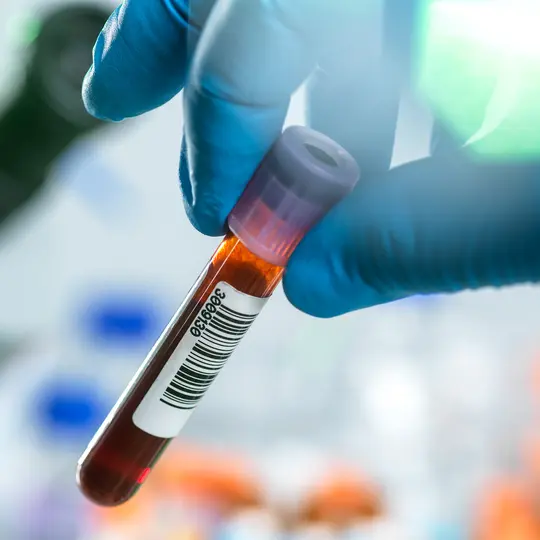1 of 2 / Sex
View All
8 Things You Didn't Know About Your Penis
Sensitivity, pleasure, size issues and other surprising facts.
Life Cycle of a Penis
Experts explain how a penis can change in size, appearance, and sexual function as a man ages.
Masturbation: 5 Things You Didn't Know
Is masturbation riskey? Is it healthy? How much is normal? Learn here.
Sexual Problems in Men
Many men struggle with problems during sex. Doctors call this sexual dysfunction.
2 of 2 / Health Concerns
View All
Diabetes in Men
Diabetes in men is on the rise. Learn how to recognize it and prevent dangerous complications here.
Heart Attack and Cardiac Arrest in Men
You might assume that a heart attack is something you only need to worry about when you're older.
What Every Man Needs to Know About Strokes
Strokes are the fourth leading cause of death in men, yet most guys can't name one stroke symptom.
Male Menopause
Women may not be the only ones who suffer the effects of changing hormones.
Suggested Reads about Men's Health
An App for Erectile Dysfunction? Researchers Say It’s Here
A mobile application improved erectile function during a 12-week trial, researchers report.
Suicide Rate Rising Among Older Men, Report Says
Suicide rates rose in the United States in 2021 and were especially high among older men, according to a new report from the CDC’s National Center for Health Statistics.
‘Deaths of Despair’ Among Men Fueling Life Expectancy Gap
The gap in life expectancy between men and women is increasing because more men are dying due to drug overdoses, suicide, and gun violence.
New Policy Permits More Blood Donations from Gay, Bisexual Men
Many gay and bisexual men are now eligible to donate blood after the American Red Cross put into effect a change in FDA policy.
8 million+ Physician Ratings & Reviews
Find Doctors and Dentists Near You
You can also search by physician, practice, or hospital name